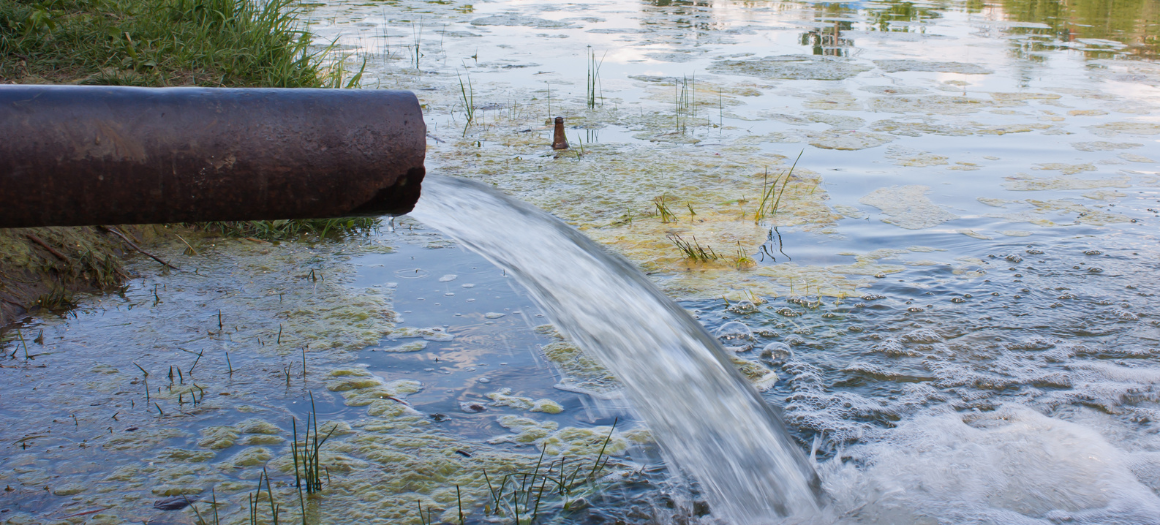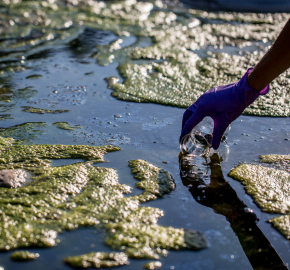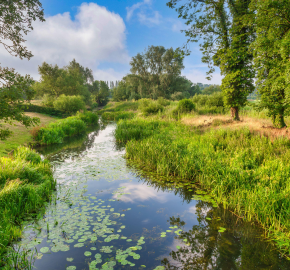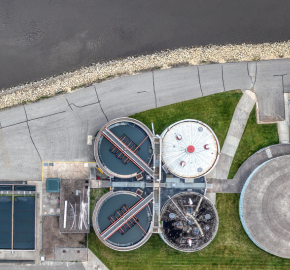Legal Update – April 2025

Here is what our legal team have been working on and what’s to come.
An update on pesticides used across the UK
Last month, we described how there is increasing awareness that residues of pesticides used particularly in agriculture are ending up in rivers and are causing problems for invertebrates and fish.
We were also seeking to intervene in an appeal by HSE that should be heard by the Tribunal this year on a very similar request, in which HSE is fighting to keep pesticide use records secret.
There is great interest in seeing exactly what pesticides are used by farmers, where and in what quantities, not least by the groups and volunteers involved in SmartRivers invertebrate sampling where the results show a likely ‘chemical fingerprint’. Many academics across the UK have also been arguing for access to real pesticide use data to assist in their research.
The great news is that the Tribunal has now agreed to add WildFish as a Second Respondent to defend the Information Commissioner’s Decision in that case against the attempt by the HSE to prevent access to pesticide use records.
It is not clear yet when this will go to a hearing but watch this space.
The Corry Review
Dan Corry – appointed by the Government to look into environmental regulation and the effect on business – published his report this month and it’s a real eye-opener. Corry suggests that we just have too much regulation and that what is needed is complete watering down of laws, as a sacrifice on the altar of “growth”.
What is completely depressing is that the “burdens” that the report identifies are not really burdens at all, and what we need to do is start enforcing existing law. What we really don’t need is yet another “red-tape challenge”. Read more here.
Sir Jon Cunliffe’s Water Commission
We have submitted our response to the Independent Water Commission’s “Call for Evidence” which can be found here: WildFish Response to the Independent Water Commission.
In short, we believe that the consultation is far too broad and deals with lots of issues that are outside the remit of a water industry review, including possible changes to the Water Framework Directive (WFD), hinting at an attempt to dilute the obligations under WFD that water bodies should meet what is termed ‘good ecological status’.
WildFish attended another meeting with Sir Jon Cunliffe. There has been some discussion of high-level shake-ups to provide more regional strategic planning and so on. But the general message seems to be that there will be recommended “trade-offs” to be made (less environmental protection, more economic growth) and with some growth-oriented policies for soft regulation “constrained discretion” (i.e. regulators not regulating).
Worryingly, Nature-Based Solutions (NBS) are still very much on the agenda, despite the evidence that we need to be very cautious about their ability to deliver nutrient neutrality targets by removing phosphates – as is the case with so-called integrated constructed wetlands (read more here). Much of the eNGO and DEFRA enthusiasm for NBS seems woefully misplaced to us. We need to see that NBS actually works.
We are worried that the overall direction of travel seems clear – that DEFRA will use the Commission’s recommendations to provide cover to continue avoiding implementing existing environmental law properly – which, of course, is precisely what we, the Office for Environmental Protection (OEP) and – see the next item – the National Audit Office (NAO) all recommend.
Watch this space for further WildFish input.
National Audit Office
We are delighted to report that the National Audit Office has just published a report into “Regulating for investment and outcomes in the water sector” which concluded that “regulators have failed to deliver a trusted and resilient water sector” – Regulators have failed to deliver a trusted and resilient water sector – NAO press release.
The NAO Report echoes what WildFish has been arguing, for years.
It also mirrors the OEP’s decision at the end of last year, in response to a formal complaint from WildFish, to serve formal Notices on OFWAT, the Environment Agency and Defra in relation to their failures over years to implement properly legal controls on sewage pollution dating back to 1994.
We hope that the current government will finally recognise that to stop sewage pollution of our rivers, we need regulators with teeth and with political support from central government, to require investment in sewage treatment infrastructure from the water companies.
Freshwater lochs in Scotland damaged by fish farming
Any day now we should receive the names of the mystery freshwater lochs described in an academic paper from University College London (UCL) as having been damaged by the operation of fish farms in Scotland.
Readers will recall that University College London had refused to identify the lochs (named merely as lochs A to G) studied which showed that long-term ecological changes in those freshwater lochs was associated with the presence of fish farming operations.
WildFish had been forced to push the matter to the Information Commissioner who ordered UCL to disclose the names of the lochs, despite UCL arguing that the names needed to be kept confidential to protect the interests of the fish farming companies.
Interestingly, salmon farmer Mowi (then known as Marine Harvest) part-funded the UCL work.
River Chess abstraction
In previous issues we explained how WildFish wrote to the Environment Agency (EA) in September last year when it discovered that the abstraction licence on the River Chess had been resurrected, apparently to manage flood risk, under a secretly formulated “section 20 agreement” between the water company and the Agency. After some to-ing and fro-ing in correspondence, we received word that the whole scheme had been abandoned.
The Agency has now formally written to us confirming that it will revoke the licence for abstraction from Chesham Pumping Station. They said that “there will continue to be no abstraction from Chesham Pumping Station and we are working on a proposal to revoke the licence using section 52 of the Water Resources Act 1991. We will advertise our proposals to seek external views on this proposed licence change but we expect to be able to proceed with revocation as proposed. There will continue to be no abstraction whilst this process is underway.”
Good news for the Chess – but we are still waiting to see how the EA is using the same method for flood control on other chalk streams!
Housebuilding in Buckinghamshire
We will reveal more in the coming days. . . but we have just lodged a judicial review application against Buckinghamshire Council with the developer David Wilson Homes and Anglian Water added as “Interested Parties”. The case goes to the heart of the big gap between housing and the provision of sewage and water infrastructure. More to follow soon!



